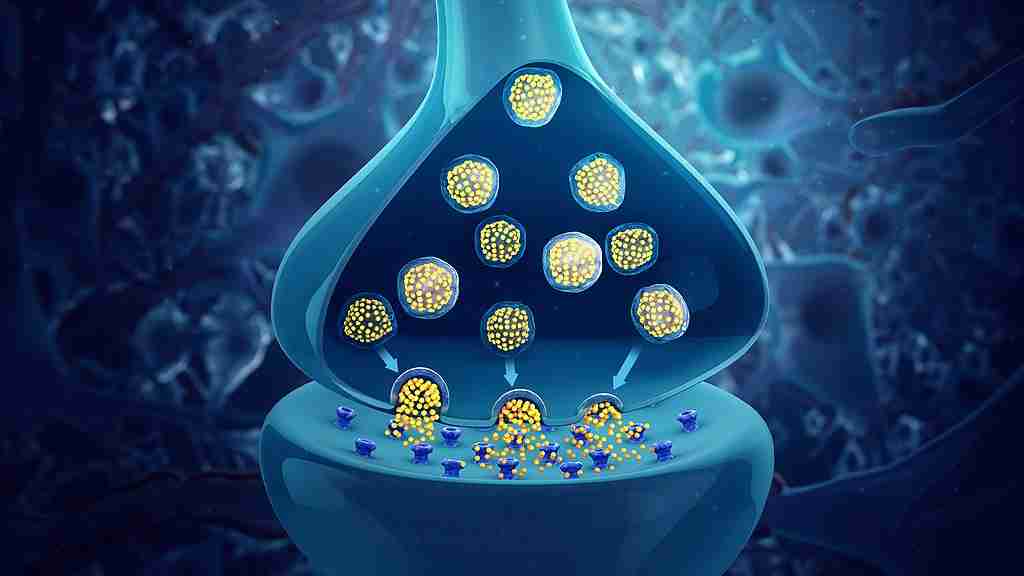ADHD involves a pattern of inattention and/or hyperactivity and impulsivity that interferes with daily activities. Individuals with ADHD experience impatience, impulsive behaviors, and have difficulty paying attention. For these individuals the symptoms of ADHD continue, and may even worsen, with prolonged abstinence, making recovery more difficult. For these individuals, treatment options (as medication or behavioral) are available.
Is there a link between ADHD and addiction?
The relationship between ADHD and addiction appears to be especially complex. Some studies show a higher rate of ADHD among substance abusers and that people with ADHD may develop substance use problems at an earlier age. In addition to addiction, people with ADHD often experience a variety of other problems, especially anxiety, depression, low self-esteem and obsessive-compulsive behaviors.
| 35% of cocaine abusers had ADHD |
| 24% of psychoactive substance abusers had ADHD |
| 32% of cocaine users and alcoholics had ADHD |
| 70% of crystal meth (methamphetamine) inpatients had ADHD |
| 83% of inhalant abusers and 55% methamphetamine abusers in Japan had ADHD |
Dispelling the myths
Myth: Children who take ADHD medication are more likely to abuse drugs when they become teenagers.
Fact: Actually, it’s just the opposite. Having untreated ADHD increases the risk that an individual will abuse drugs or alcohol. Appropriate treatment reduces this risk. The medications used to treat ADHD have been proven safe and effective over more than 50 years of use. These drugs don’t cure ADHD, but they are highly effective at easing symptoms of the disorder. The drugs do not turn kids into addicts or zombies.
Can it be treated?
Typically ADHD in alcoholics and addicts is treated with therapy and medications. Therapy that includes behavioral interventions is effective in treating and managing symptoms of ADHD.
Some medications used to treat ADHD can be addictive and harmful to recovering alcoholics and addicts. There are, however, several safe, effective, and non-addictive medications available to treat ADHD.
It is important to discuss medications and other treatment options with a mental health professional who has expertise in alcohol and drug dependency.



